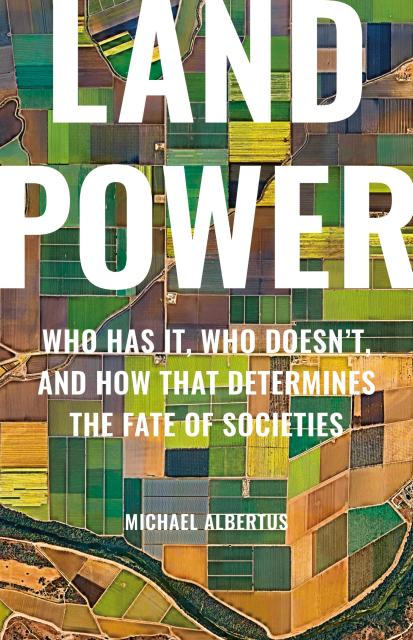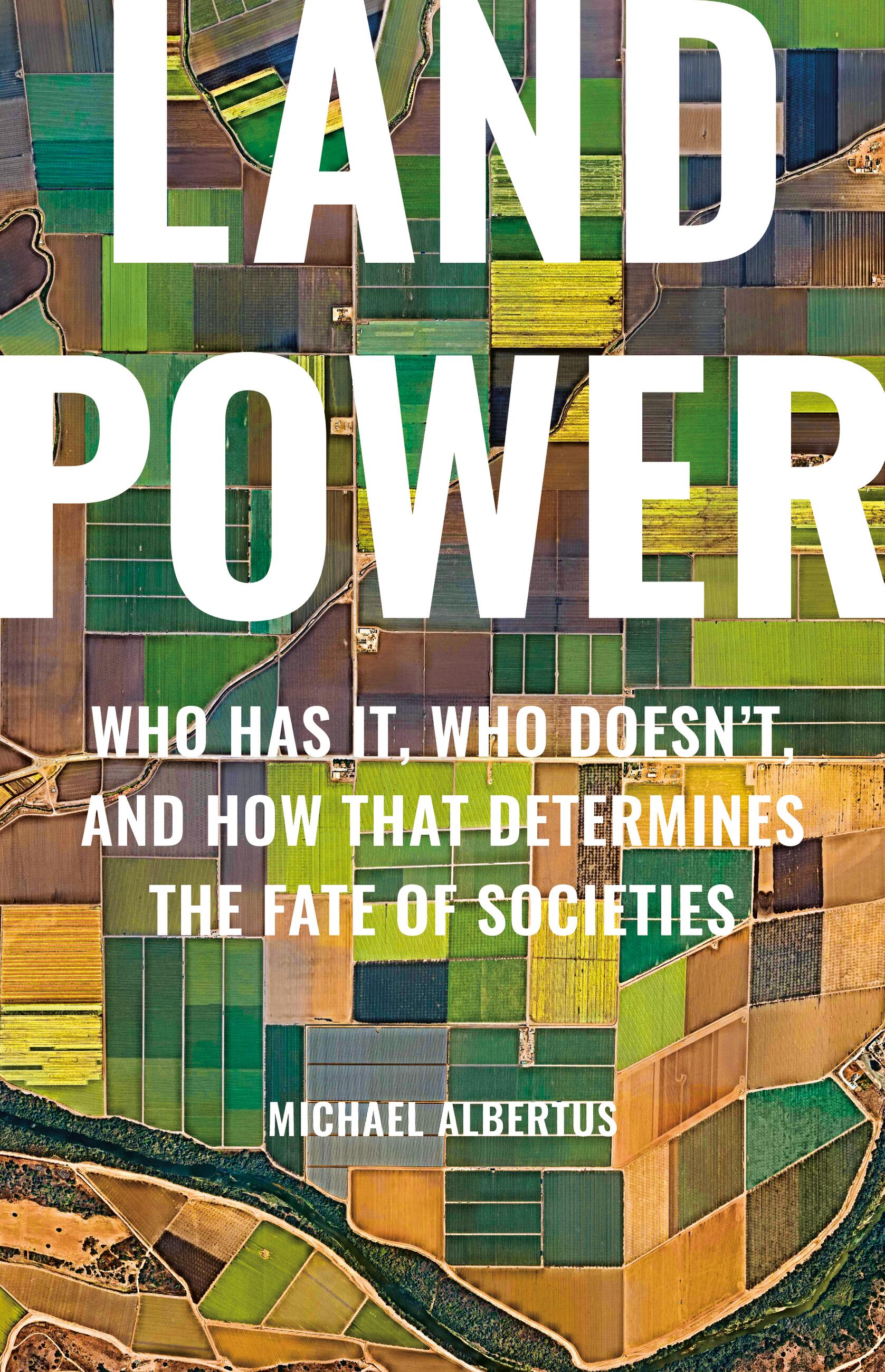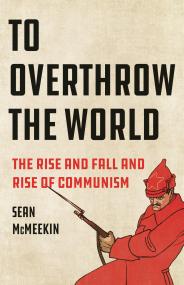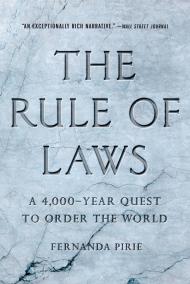Land Power
Who Has It, Who Doesn’t, and How That Determines the Fate of Societies
Listen to an audio sample
Contributors
Buy from Other Retailers:
- On Sale
- Jan 14, 2025
- Page Count
- 336 pages
- Publisher
- Basic Books
- ISBN-13
- 9781541604810
“Fascinating…a must read.” —Thomas Piketty, New York Times–bestselling author of Capital in the Twenty-First Century
A New Yorker Best Book of the Year
For millennia, land has been a symbol of wealth and privilege. But the true power of land ownership is even greater than we might think. In Land Power, political scientist Michael Albertus shows that who owns the land determines whether a society will be equal or unequal, whether it will develop or decline, and whether it will safeguard or sacrifice its environment.
Modern history has been defined by land reallocation on a massive scale. From the 1500s on, European colonial powers and new nation-states shifted indigenous lands into the hands of settlers. The 1900s brought new waves of land appropriation, from Soviet and Maoist collectivization to initiatives turning large estates over to family farmers. The shuffle continues today as governments vie for power and prosperity by choosing who should get land. Drawing on a career’s worth of original research and on-the-ground fieldwork, Albertus shows that choices about who owns the land have locked in poverty, sexism, racism, and climate crisis—and that what we do with the land today can change our collective fate.
Global in scope, Land Power argues that saving civilization must begin with the earth under our feet.
Genre:
-
“In the past few centuries, land has changed hands on major scalesThis sweeping study examines the results of such shifts, which, the author argues, are what set countries on diverging developmental paths and produced a host of modern social ills.”New Yorker
-
“Land Power is a fascinating book on the power of land inequality in history and the large land reshufflings of the past and present. It is a must-read to think about the coming struggles over land in the 21st century.”Thomas Piketty, New York Times–bestselling author of Capital in the Twenty-First Century
-
“Land Power is an important book dealing with a timeless but underappreciated issue: who owns the land. It illuminates how social hierarchies and injustice have been historically built around unfair land rights and provides a fascinating array of examples of how reshuffling land can help tackle these pressing issues.”Francis Fukuyama, author of Liberalism and Its Discontents
-
“With a sweeping scope across history and around the world, Albertus offers his readers a novel view on the rise of the modern world. Land—who controls it, who owns it, who works it, and efforts to alter all this—sits at the basis of social power and political power.”Daniel Ziblatt, New York Times–bestselling coauthor of How Democracies Die
-
“Land has always been a source of economic wealth. This captivating book demonstrates that it has also been a fountainhead of political and social power, profoundly shaping the organization and political structures of many societies.”Daron Acemoglu, Nobel Prize–winning coauthor of Power and Progress
-
“Land Power manages to succeed as both an ambitious and accessible argument for the importance of a broad and global understanding of land as central to wielding power as well as the ways in which that power can be utilized to build a better world in the future.”Pittsburgh Post-Gazette
-
“‘Land’—Four simple letters. Four enormous impacts: on racial divides, gender inequality, the struggle for development, and our precarious environment. In this powerful and compelling book, Michael Albertus re-invents how to think about that most simple but profound force shaping our lives—the ground beneath us.”Ben Ansell, author of Why Politics Fails
-
“A vigorously argued account of how patterns of landholding shape and are shaped by political power. Global in scope, Land Power is lively, well-informed, and highly illuminating.”Patrick Joyce, author of Remembering Peasants
-
“Magisterial, accessible, and compelling, Land Power vaults across time and geography to provide an extraordinarily learned account of the role of landed power in displacement, inequities, and exploitation. Spanning from 10,000 BC through a nineteenth century cascade of land reallocations and into a dramatically transformed future, it reveals that the rise of the dispossessed is rarely a guarantee of justice for all, but the advent of a new set of winners and losers.”Margaret Levi, Stanford University
-
“Now more than ever it's essential to talk about land use with the widest lens possible. Land Power offers new insights into how public and private initiatives worldwide can effectively safeguard ecosystems and societies for future generations of all life.”Kristine Tompkins, President and Co-founder of Tompkins Conservation
-
“In his book Land Power, Albertus lays out a convincing argument at a global scale for the effect land ownership, control, and use has had on social structures, including the profound disruption of our tribes. He concludes, ‘Land reshuffling also continues because deep wounds from past land grabs haven’t healed, and something can still be done about it.’ This is what has driven the Indian Land Tenure Foundation since its founding, and what makes me burn today.”Cris Stainbrook, president, Indian Land Tenure Foundation
-
“This is a powerfully evocative study that confronts us with the shock of the old: that land still matters enormously to how power is distributed today. Albertus is an expert guide on a dazzling tour of the world today and of different societies across history. He exposes the influence of past land grabs in shaping the present, but also emphatically shows how the global reallocation of land is an ongoing process—one that we can bend in a better direction.”Nicholas Mulder, author of The Economic Weapon
-
“A masterful telling of the making of the modern world, where all comes back to the land. Brilliant, bold, and provocative, Land Power explains how land reshuffling led to enslavement and to the dispossession of indigenous populations, women, and ethnic minorities, paving the way for some of the world’s greatest social ills. Albertus documents how we arrived here and the policies some countries are adopting to repair past land reshuffles. A hugely engaging book and a major contribution to our understanding of today's world.”Beatriz Magaloni, Stanford University
Formats and Prices
Price
$30.00Price
$40.00 CADFormat
Format:
- Hardcover $30.00 $40.00 CAD
- ebook $18.99 $24.99 CAD
- Audiobook Download (Unabridged) $27.99









